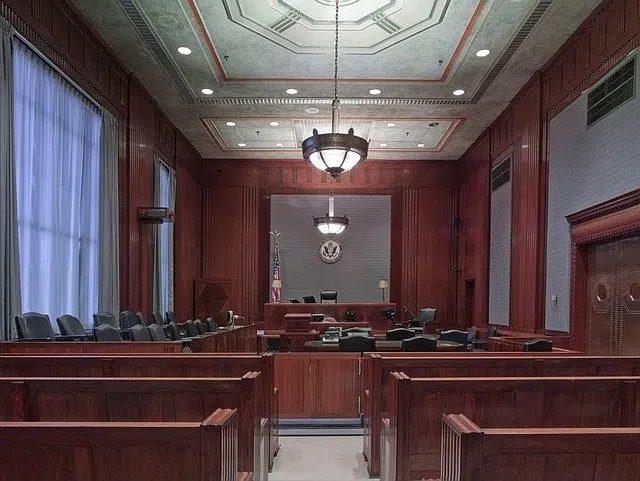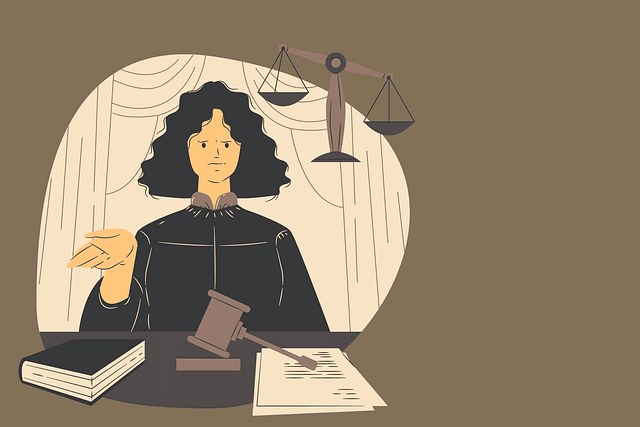
A criminal proceeding is a legal procedure.
Before entering fully into establishing the meaning of criminal process , it is necessary to determine the etymological origin of the two words that give it shape:
-Process derives from Latin, specifically from "processus", which can be translated as "advance" or "development".
-Penal also emanates from Latin. In its case, it is the result of the evolution of "poenalis", which means "relating to the fine" and is made up of two different parts: the noun "poena", which is synonymous with "fine", and the suffix " -al", which is used to indicate "relative to".
What is a criminal process
The criminal process is the legal procedure that is carried out for a state body to apply a criminal law in a specific case.
The actions carried out within the framework of these processes are aimed at the investigation , identification and eventual punishment of those behaviors that are classified as crimes by the penal code .
The purpose of criminal proceedings, ultimately, is the preservation of public order. The characteristics of its development depend on each jurisdiction. In Argentina , for example, the criminal process allows those over 18 years of age to be punished.

A criminal process includes an investigation to identify and eventually punish conduct classified as a crime.
Its phases
Specifically, we can establish that every ordinary criminal process is made up of three different parts or phases:
1-The pre-instruction. This first period is characterized by the fact that, during it, not only the facts that will be the subject of the criminal process are established but also the crime under which they would be protected. All this without overlooking, of course, the possible responsibility of the accused or his freedom, after he has testified and the decision made by the judge through a relevant order. This can be subject to trial, freedom or formal imprisonment.
2-The instruction. In this second phase, for their part, the lawyers of both parties will proceed to present all the evidence they have in their favor as well as the circumstances surrounding the event in question. This will mean that everything from inspection results to witness testimonies and expert reports of various kinds will be put on the table.
3-The trial. Finally, all the evidence, details of the case, reports and other documents will be presented and exposed in front of the judge by both parties, with the clear objective of making it clear that their clients are the innocent ones.
Step by step of the criminal process
The usual thing is that a criminal process begins with a preparatory instruction that consists of the investigative stage. In this part of the process , the evidence that will support the accusation against a person is collected.
Once this stage is completed, it is time for the trial . The criminal process, in this instance, consists of the analysis and evaluation of the evidence that was collected during the investigation. Based on this analysis, the judge in charge of the criminal case will issue the corresponding ruling and establish the penalty that corresponds to the perpetrator of the crime, if this authorship has been proven.
Finally, the criminal process is completed with the execution of the sentence , that is, with the effective fulfillment of the punishment determined by the judge or court in accordance with what is typified by law.
An example of a criminal process is that procedure that begins after a murder , with the investigation that can lead to the arrest of the suspect, the trial that is carried out to confirm his responsibility in the act and the punishment that is applied if found guilty. finds that the person is guilty.
